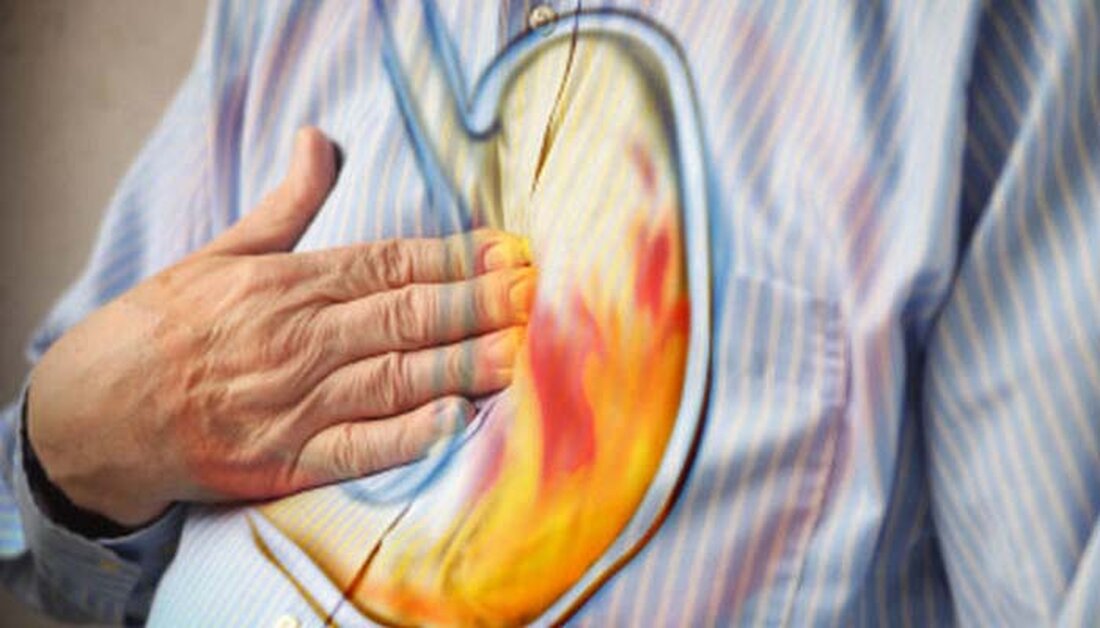A look at acid reflux in children
Acid reflux in children is a phenomenon that worries parents, children and doctors. This disease, also known as gastroesophageal reflux disease (GERD), has been known to cause heartburn in adults for decades. Its appearance in children has not received much attention until recently. What is acid reflux? GERD is diagnosed when a patient suffers from the unwanted regurgitation of stomach acid into the esophagus. Sometimes people even experience it so strongly that the acid reaches their mouth. However, a patient may never notice regurgitation. Instead, the only feeling that is noticed is a pain or a burning sensation...

A look at acid reflux in children
Acid reflux in children is a phenomenon that worries parents, children and doctors. This disease, also known as gastroesophageal reflux disease (GERD), has been known to cause heartburn in adults for decades. Its appearance in children has not received much attention until recently.
What is acid reflux?
GERD is diagnosed when a patient suffers from the unwanted regurgitation of stomach acid into the esophagus. Sometimes people even experience it so strongly that the acid reaches their mouth. However, a patient may never notice regurgitation. Instead, the only feeling noticed is a pain or burning in the chest. That's why it was commonly called heartburn.
There are various causes of this disease. Obesity may be the fastest growing cause as it is the fundamental problem behind many other real causes. However, GERD is caused more directly by problems such as hiatal hernias, hypercalcemia, and systemic sclerosis. However, these and other problems can often be indirectly or directly linked to obesity.
Why does this disease affect children?
This condition should not be confused with the common regurgitation that occurs in infants. Although it is possible for such young children to experience regurgitation for pathological reasons, it is more likely just a developmental problem that occurs in almost all infants. When GERD occurs in older children and teens, the main culprit is often obesity or something to do with the child's eating habits.
Overeating is a possible reason. However, the type and quality of food adults and children eat has changed significantly in recent decades. Many children also suffer from constipation, which was previously unknown in this age group. Parents of children with GERD should take a close look at what types of food children eat and how much they eat. Sometimes this disease can be cured with simple dietary changes and does not require the assistance of medical professionals.
Effects
The overall effect of GERD on children is similar to that on adults. The esophagus should not contain the strong acids that are normally trapped by a sphincter in the stomach. When gastric juices enter this organ, they can undermine its integrity and break down the tissue that lines it. This can eventually lead to frequent vomiting and even breathing problems. Because the esophagus plays a crucial role in digestion, unchecked GERD can even be fatal in the long term.
Treatment
There are a variety of treatments. If dietary changes do not adequately treat the problem, there are over-the-counter medications that help neutralize the acids as they rise into the esophagus. Doctors can prescribe stronger remedies. Eventually, surgery may be necessary to repair damage caused by advanced GERD.
Knowledge about this disease is the best means of treatment. With the right information, most people can control or even cure this disease.
Inspired by Nguyen M Ha

 Suche
Suche
 Mein Konto
Mein Konto
